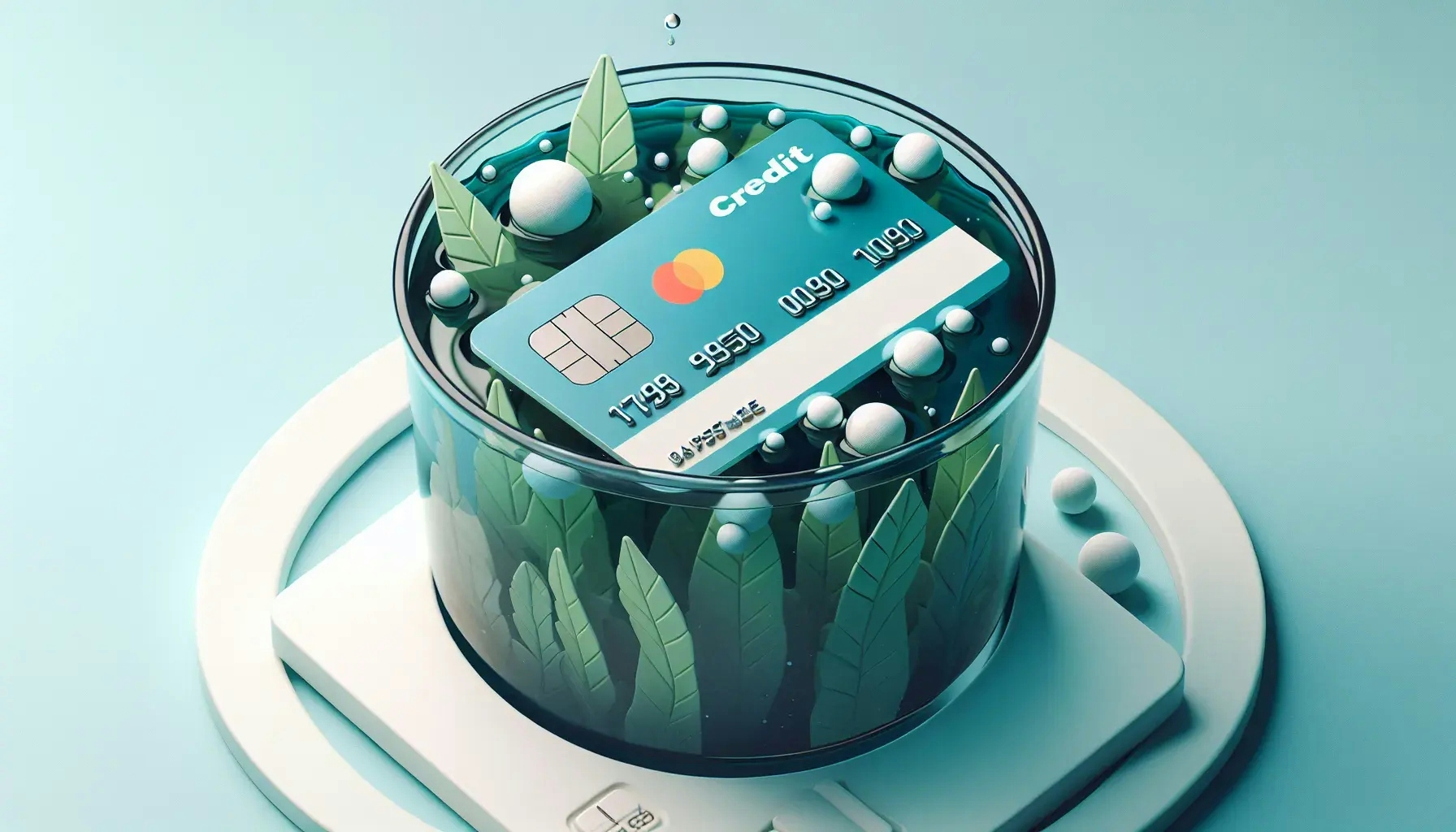Credit cards can be a powerful financial tool, but they also pose a significant challenge: managing expenses within your credit limit. This blog post will guide you through the process, providing practical tips and strategies to help you stay on track. We'll explore the importance of budgeting, the role of credit scores, and the impact of interest rates. By the end of this post, you'll have a clear understanding of how to manage your expenses effectively within your credit limit.
Understanding Your Credit Limit
Your credit limit is the maximum amount that your credit card issuer allows you to borrow. It's crucial to understand this limit and how it affects your financial health. Going over your credit limit can lead to penalties, higher interest rates, and a negative impact on your credit score.
To manage your expenses within your credit limit, you must first know what your limit is. You can find this information on your credit card statement or by contacting your card issuer. Once you know your limit, you can start planning your expenses accordingly.
Budgeting is a crucial part of managing your expenses. It helps you understand where your money is going and how much you can afford to spend. To create a budget, list all your income and expenses, then subtract your expenses from your income. The remaining amount is what you can afford to spend on your credit card without exceeding your limit.
The Role of Credit Scores
Your credit score is a numerical representation of your creditworthiness, and it plays a significant role in managing your expenses within your credit limit. A high credit score can lead to a higher credit limit, lower interest rates, and better terms on loans and credit cards.
To maintain a good credit score, you need to make your credit card payments on time and stay within your credit limit. Late payments and maxing out your credit card can lower your credit score, making it harder for you to get credit in the future.
Monitoring your credit score regularly can help you stay on top of your financial health. There are several free services that allow you to check your credit score without affecting it. If you notice any sudden drops in your score, you can take steps to address the issue and prevent further damage.
Impact of Interest Rates
Interest rates are another factor to consider when managing your expenses within your credit limit. The higher your interest rate, the more you'll pay in interest on your credit card balance.
If you carry a balance on your credit card, you'll be charged interest on that amount. This can quickly add up and lead to you exceeding your credit limit if you're not careful.
To avoid this, try to pay off your credit card balance in full each month. If you can't afford to do this, at least make the minimum payment to avoid late fees and damage to your credit score.
Strategies for Staying Within Your Credit Limit
There are several strategies you can use to stay within your credit limit. One effective method is to set a monthly spending limit that's lower than your credit limit. This gives you a buffer in case of unexpected expenses.
Another strategy is to use your credit card for specific expenses only, such as groceries or gas. This can help you keep track of your spending and prevent you from going over your limit.
If you're struggling to stay within your limit, consider contacting your credit card issuer to request a lower limit. This can help you manage your spending more effectively.
The Importance of Regularly Monitoring Your Credit Card Activity
Regularly monitoring your credit card activity is crucial for managing your expenses within your credit limit. By keeping an eye on your spending, you can catch any mistakes or fraudulent activity early and address them before they become bigger problems.
You can monitor your credit card activity by checking your online account regularly, setting up alerts for high-dollar transactions, and reviewing your monthly statement carefully.
If you notice any suspicious activity on your account, contact your credit card issuer immediately. They can help you resolve the issue and protect your account.
The Consequences of Exceeding Your Credit Limit
Exceeding your credit limit can have serious consequences. You may be charged an over-limit fee, your interest rate may increase, and your credit score may drop.
In addition, if you consistently exceed your credit limit, your credit card issuer may lower your limit or even close your account. This can make it harder for you to get credit in the future.
To avoid these consequences, it's important to manage your expenses carefully and stay within your credit limit. If you're struggling, consider seeking help from a credit counselor or financial advisor.
Wrapping Up: Mastering Expense Management Within Your Credit Limit
Managing expenses within your credit limit can be a challenge, but with careful planning and regular monitoring, it's entirely possible. By understanding your credit limit, maintaining a good credit score, considering the impact of interest rates, and employing effective strategies, you can navigate your expenses successfully. Remember, the key is to be proactive and disciplined in your approach. Your financial health depends on it.

